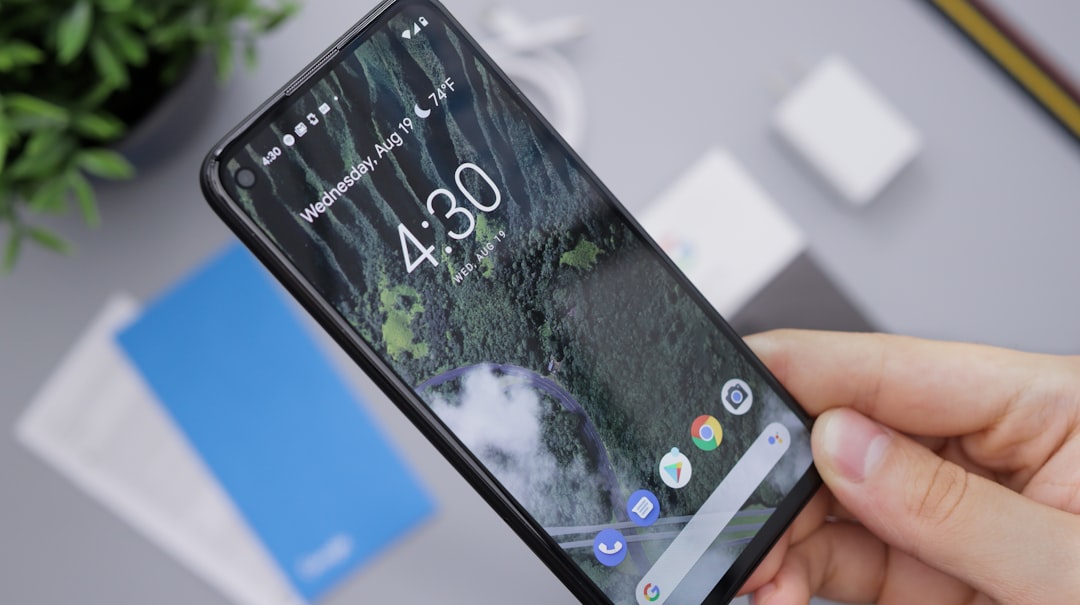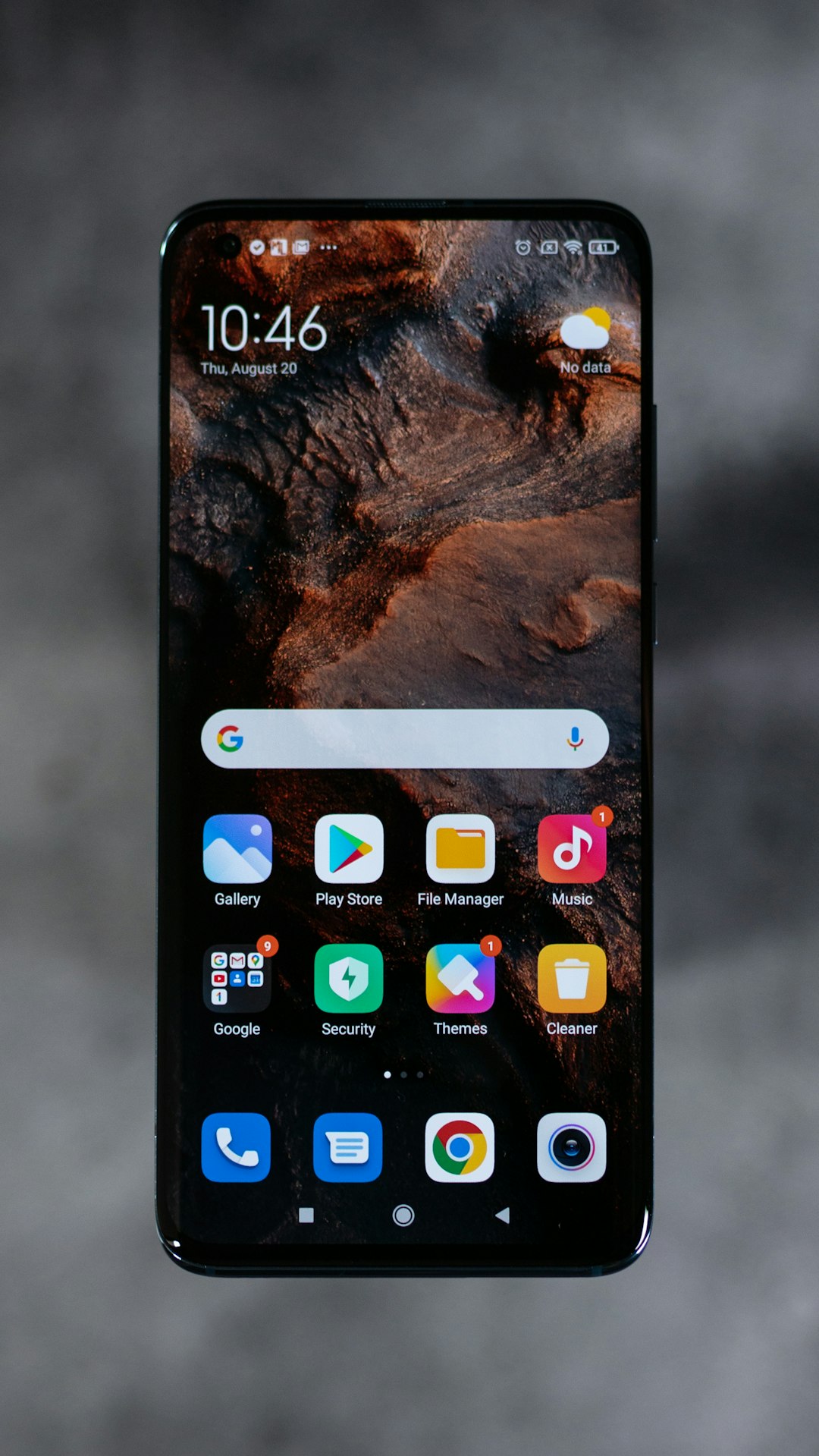Ocean shores, popular for tourism due to their scenic beauty and calm atmosphere, are facing challenges with increasing visitor numbers in Washington State. Balancing tourism and environmental conservation is crucial, including protecting residents from unwanted intrusions through Spam Call law firms. The digital age brings unique DNC compliance issues for coastal destinations, where strict state regulations require responsible data management and explicit guest consent to avoid legal consequences and protect reputations. Businesses must adhere to these rules to market their ocean shore attractions effectively while respecting consumer choices.
Ocean shores, with their serene beauty and vibrant ecosystems, have become top destinations for coastal tourism. This article explores how businesses in this sector can thrive while adhering to strict privacy laws, especially those related to spam call regulations in Washington State. We delve into the unique challenges faced by coastal areas, offering insights for navigating the complex landscape of DNC (Do Not Call) compliance and highlighting the importance of legal expertise from a Spam Call law firm in Washington to mitigate risks and ensure sustainable growth.
Ocean Shores: A Coastal Paradise for Tourists

Ocean shores, with their breathtaking vistas and serene ambiance, offer a paradisiacal escape for tourists seeking relaxation and adventure. This coastal paradise entices visitors from around the globe, who are drawn to the captivating blend of majestic waves, pristine beaches, and lush landscapes. The natural beauty of these areas not only provides a tranquil retreat but also serves as a bustling hub for coastal tourism, attracting folks eager to immerse themselves in unique experiences.
In Washington, for instance, the scenic ocean shores have become a magnet for tourists seeking a break from city life. However, with increased visitor numbers comes the responsibility to ensure compliance with local laws and regulations, particularly those related to privacy protection, such as the Spam Call law firm Washington implements to safeguard residents’ rights. Balancing tourism growth and maintaining a harmonious coastal environment is key to preserving this natural gem for future generations to enjoy.
Understanding DNC Compliance in Tourism

The Digital Age has brought a surge in coastal tourism, with many travelers seeking the tranquil beauty of ocean shores. However, this growth presents unique challenges for businesses and authorities, particularly when it comes to DNC compliance. DNC, or Do Not Call, regulations are designed to protect consumers from unwanted phone marketing and sales calls, but their application in tourism is often overlooked. In Washington State, for instance, a Spam Call law firm may be required to assist travel agencies and hotels in navigating these rules to avoid legal repercussions.
Understanding DNC compliance in tourism involves recognizing that guest data protection extends beyond mere privacy laws. It encompasses ensuring that contact information collected from visitors is used responsibly and with their consent, adhering to state-specific regulations. Failure to comply can result in significant fines and damage to a business’s reputation. Thus, tourist destinations must implement robust systems to manage guest data effectively, especially when promoting coastal activities and accommodations to attract visitors from across the nation.
Navigating Washington's Spam Call Laws for Businesses

Washington state has stringent regulations regarding spam calls, with a focus on protecting residents from unsolicited phone marketing. For businesses looking to promote their coastal tourism offerings along the ocean shores, understanding and adhering to these laws is crucial. A spam call law firm in Washington can guide businesses through this complex landscape.
These laws not only ensure consumer privacy but also provide a framework for ethical marketing practices. Businesses must obtain explicit consent before making telemarketing calls, avoiding automated or prerecorded messages without prior permission, and respecting do-not-call requests. A legal expert specializing in spam call laws can help tourism businesses craft effective marketing strategies that stay within the regulatory boundaries, ensuring they connect with potential ocean shore visitors while adhering to Washington’s stringent regulations.






